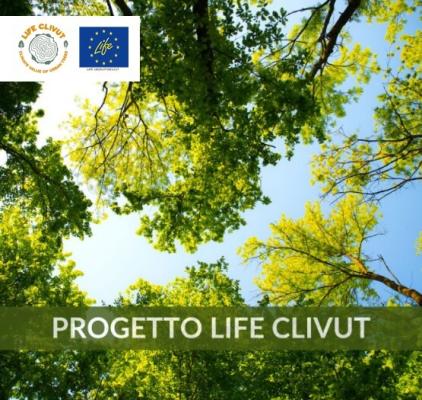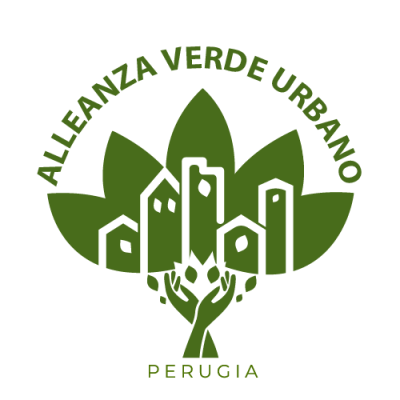- Email : info@lifeclivut.eu
Notícias e Eventos
FINE DUST
Those who have never heard of PM10, PM1, microns or particulates, are lying.
These various terms contain what is the concept of fine dust, which we breathe every day without even realizing it; In fact, they are a set of substances suspended in the air in the form of particles that derive both from natural sources and from human activity.
Among the various types of "mixtures" of these dusts, the most harmful to our health is PM1 with a diameter of less than one micrometer.
One of the main sources of fine dust comes from human activity, just think of the engine of cars, boilers, pellet stoves and fireplaces, thermal power plants and industrial processes that release particulate matter into the atmosphere.
The danger of these fine particles for humans is mainly linked to their size that favors entry into our body, even overcoming the immune defenses; the IARC (International Agency for Research on Cancer) has classified fine particles in group 1, or "agents definitely carcinogenic to humans".
Studies also show that in Europe more than 500,000 people are registered death annually due to air pollution and the data concerning Italy are alarming: 90 thousand premature deaths and 1,500 deaths per million inhabitants, 1,116 of which only for PM2.5 particulate matter.
(Data reported in a recent report of September 2017, carried out by the Foundation for Sustainable Development(2) in collaboration with Enea(3) and with the partnership of the Italian State Railways(4), in an in-depth analysis of the primary causes of air pollution in Italian cities and ten proposals to grow the green economy and improve air quality in cities).
Just as in outdoor environments we risk inhaling fine dust, even in indoor environments we can find them: fixtures, pellet stoves, fireplaces, ventilation vents, are all possible points of accumulation and access of fine dust.
How can we defend ourselves against these fine dusts?
It goes without saying that the more we continue to use combustion vehicles, the more inevitable it is that the reduction of fine particles will be very slow or almost non-existent.
We should move to a totally different production system, use renewable sources to have clean energy, reduce car and plane traffic, encourage reforestation and the spread of greenery (since plants and trees are able to absorb a good part of fine dust, improving air quality).
Click here for download
























